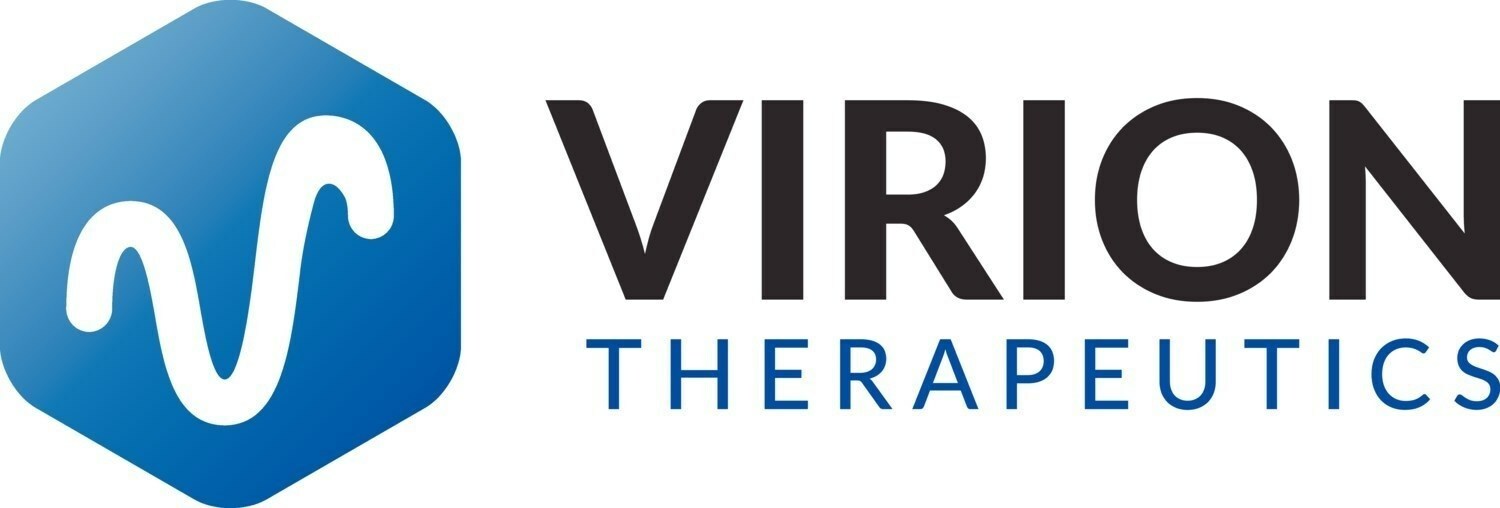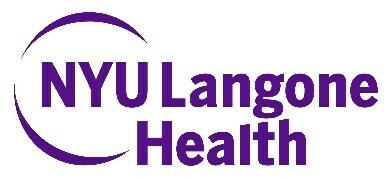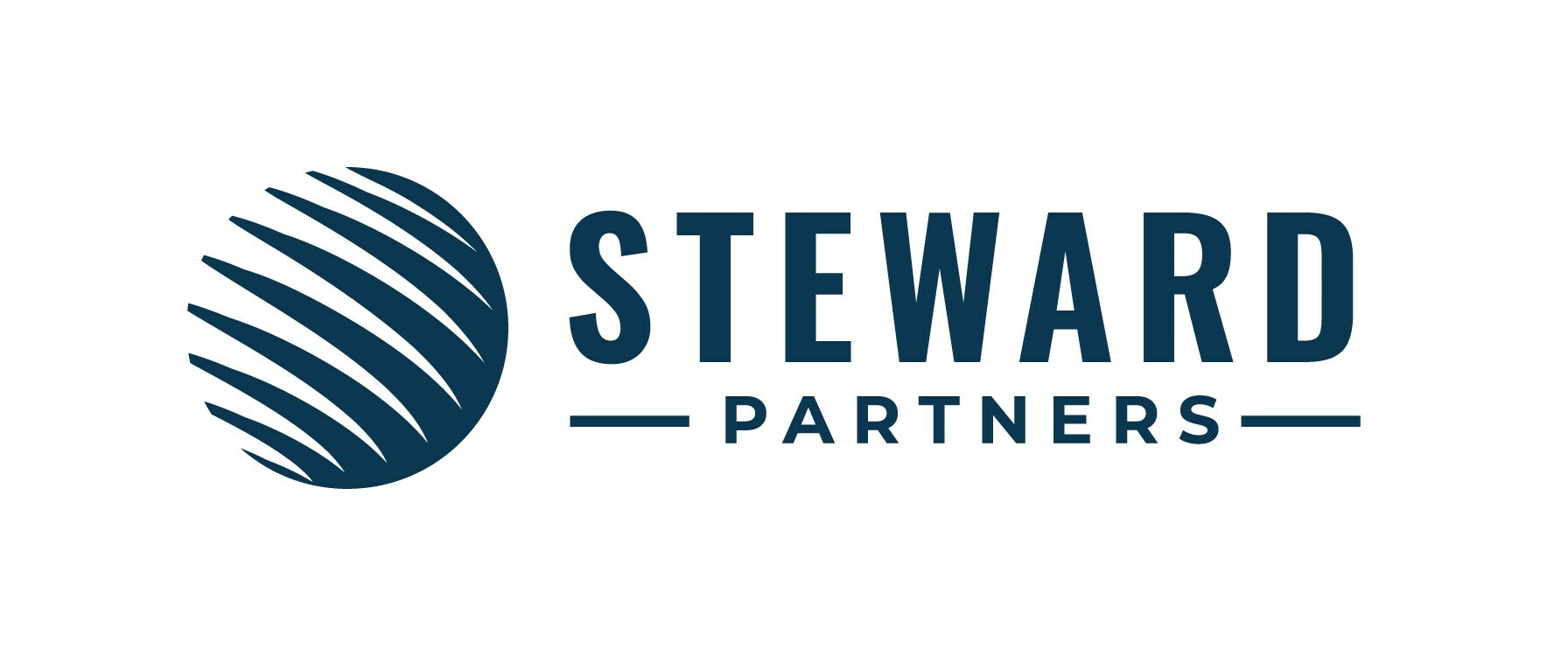Highlights from the Data Presentation
- Safety, immunogenicity, and anti-HBV activity, presented in chronically HBV-infected patients following a single, prime-only, or a prime and boost, intramuscular injection of VRON-0200
- Over 7,680 patient safety days (N=27), VRON-0200 was well tolerated, with no serious adverse events (SAEs), study patient discontinuations, or clinical laboratory abnormalities observed
- VRON-0200 induced CD8+ T cell responses in 30% (7 of 24) of patients
- Responses were observed even in patients with limited pre-existing immunity
- A 5.5- and 4.8-fold increase in T cell responses were observed at Days 28, and 91, respectively
- In patients with Hepatitis B surface antigen declines at Day 28, a deepening of declines was observed through Day 154, ranging from -0.4 to -2.3 log10 IU/mL, even though VRON-0200 does not directly target S-antigen, suggesting restoration of broad anti-HBV immune responses
PHILADELPHIA, March 28, 2025 -- Virion Therapeutics, LLC, a clinical-stage biotechnology company, developing novel T cell-based immunotherapies, announced favorable safety and tolerability and immunogenicity data, as well as a deepening of anti-HBV immune responses, from the first-ever human study of its novel, first-in-class, checkpoint modifier immunotherapy, VRON-0200, for HBV functional cure, presented by Professor Grace Wong, M.D., from the Chinese University of Hong Kong, as an oral presentation at the 34th Annual Meeting of APASL (The Asian Pacific Association for the Study of the Liver) in Beijing, China.
These Phase 1b data, on the first 27 chronically infected hepatitis B patients, on nucleos(t)ide antiviral therapy, all of whom received a single Prime, or Prime and Boost intramuscular (i.m.) injection of VRON-0200, demonstrated that it was safe and well-tolerated, with no significant adverse events reported and no clinically relevant abnormalities in laboratory assessments, including liver function tests. In 24 patients who had at least 91 days of immunologic follow up, post-vaccination, significant increases in T cell responses were observed at Day 28 (p=0.02), and Day 91 (p=0.04), with 5.5- and 4.8-fold changes being observed in 7 patients (30%) at these time points (Days 28 and 91), respectively. Additionally, six patients (~25%) were observed to have continuing declines in HBV surface antigen (HBsAg) through Day 154, ranging from -0.4 to -2.3 log10 IU/mL, even after a single, intramuscular dose.
Professor Wong commented: "There aren't many treatment options for patients with Chronic HBV that can restore HBV immune functions, something that is critical for control of the infection should antiviral therapy be discontinued. To date, effective off-treatment responses have only been observed with combinations that contain pegylated interferon, an agent that is limited by tolerability and convenience issues. One noteworthy aspect of VRON-0200 is its good tolerance and convenience, and, even with a single dose, can restore broad and durable anti-HBV immune responses as evidenced by the fact it lowers HBsAg levels even though it does not directly target surface antigen. These findings suggest VRON-0200 could be an alternative immune-modulator for combination treatments for HBV Functional Cure. I look forward to seeing additional data from this, and future, studies."
"These new and promising VRON-0200 clinical study data, presented at APASL, continue to reinforce and build upon VRON-0200's potential as a pivotal component for HBV Functional Cure," said Dr. Sue Currie, COO of Virion, and one of the study authors. "We've now shown that VRON-0200 is safe and well tolerated (APASL 2024), immunogenic (EASL 2024), has anti-HBV activity (AASLD 2024), and now, with these data, that the immune responses are observed to continue to deepen (decline) over time. VRON-0200 is nicely positioned to potentially be a replacement for pegylated-interferon, with the goal to improve treatment responses and bring a cure to the almost 300 million persons living with chronic HBV. We look forward to sharing more clinical data, at upcoming meetings, including the first report of VRON-0200's first combination regimen from our study."
Professor Ed Gane, M.D., from the University of Auckland, and one of the study investigators, commented: "VRON-0200 is the first immune modulator, other than pegylated interferon, to lower HBV surface antigen without directly targeting it, in chronically HBV-infected patients, which is a critical step towards achieving functional cure for HBV. The initial results from the first VRON-0200 combination regimen will be presented soon and will highlight the very exciting potential of this agent as the backbone for future regimens that could soon provide meaningful rates of Functional Cure for chronically HBV-infected patients."
Summary of VRON-0200 Phase 1b clinical trial design
- VRON-0200 is a Phase 1b, multi-center, open-label, dose escalation, prime only, and prime plus boost, therapeutic immunotherapy study to evaluate the safety, tolerability, immunology, and other clinical measures:
- Inclusion criteria: Non-cirrhotic, HBeAg positive or negative, chronic hepatitis B patients currently taking nucleos(t)ide antiviral therapy with HBV DNA < 40 IU/mL and HBsAg < 500 IU/mL (< 1,000 IU/mL for Cohort 3)
- Dose escalation: Cohort 1 (low dose) (ENROLLED); Cohort 2 (high dose) (ENROLLED)
- Prime or Prime-Boost: In each cohort, patients are randomized to receive either a prime dose only or a prime and boost regimen
- Cohort 3: Patients are randomized to receive VRON-0200 prime plus 6 monthly subcutaneous doses of elebsiran and tobevibart starting on Day 28, alone, or with a VRON-0200 boost at Day 196
More details of the study can be found at ClinicalTrials.gov (Identifier: NCT06070051).
About Chronic Hepatitis B
Despite a preventative vaccine, cases of chronic hepatitis B (HBV) continue to rise, with an estimated 254 million persons infected worldwide and 1.1 million deaths per year from HBV-related liver complications. Chronic HBV remains a global health issue with a high unmet medical need since there is no cure available. The current standard of care requires lifelong antiviral therapy to maintain control of the virus.
About VRON-0200
VRON-0200 is a therapeutic immunotherapy, administered by intramuscular injection, designed with the goal of providing a functional cure for chronic HBV infection. While the virus itself stimulates HBV-specific CD8+ T cells, for those patients that can't clear the initial infection, their T cells soon become exhausted, placing limits on their ability to proliferate and control the virus. Preclinical data support the hypothesis that VRON-0200, through checkpoint modification, can amplify, broaden, and enhance T cell responses that may include T cells that are not normally activated during a chronic HBV infection, which results in improved viral control. An ongoing Phase 1b trial has shown VRON-0200 to be safe, well tolerated, immunogenic, and has anti-HBV activity in chronically HBV-infected patients on nucleos(t)ide therapy.
About Virion Therapeutics (Virion)
Virion Therapeutics, LLC is a clinical-stage company developing novel T cell-based immunotherapies to cure cancer and chronic infectious diseases that utilize proprietary genetically encoded checkpoint modifiers to enhance and broaden CD8+ T cell responses to a tumor or chronic infection. Virion has since developed a robust pipeline, including its lead VRON-0200 clinical program, and several additional IND-enabling programs, including its VRON-0300 oncology program for advanced solid tumors, leveraging its proprietary platform technologies.
To learn more, visit www.VirionTx.com
This News is brought to you by Qube Mark, your trusted source for the latest updates and insights in marketing technology. Stay tuned for more groundbreaking innovations in the world of technology.









